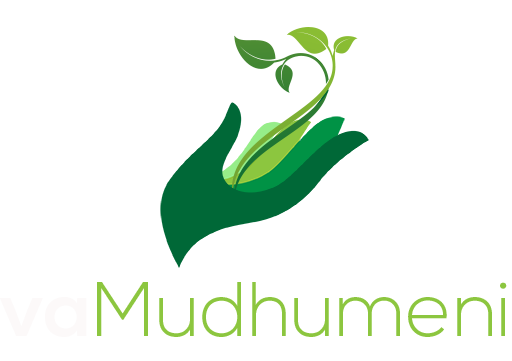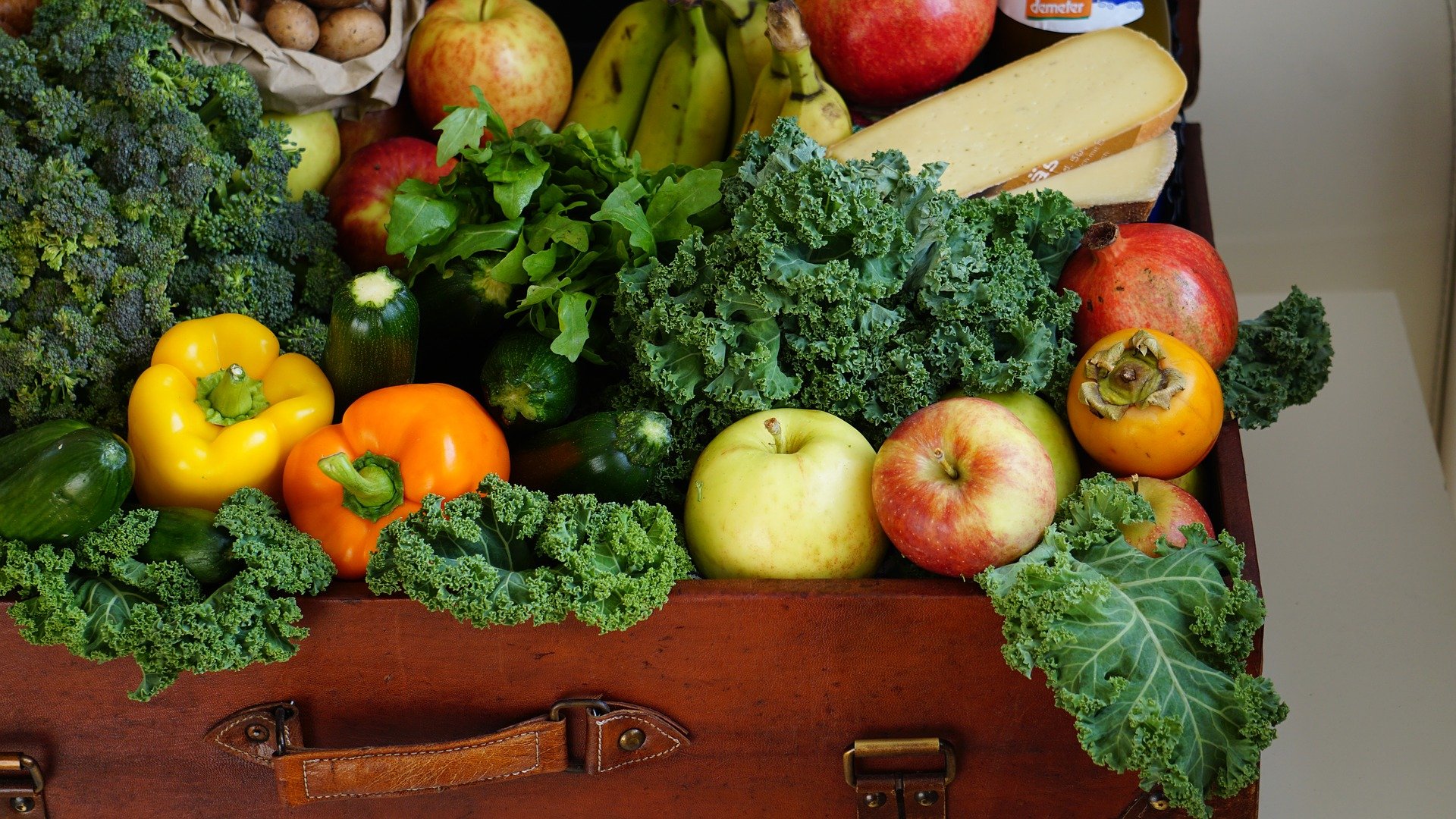By Ruvimbo Jeche
It is commonly accepted that the routine consumption of fruits and vegetables, which are abundant in phytochemicals, antioxidants, and fiber, protects against heart diseases. Such occur naturally in many foods such as onions, tomatoes, berries, apples, and cabbage. Also, a class of flavonoids found abundantly in blueberries, cranberries, raspberries, cherries, eggplant, and purple cabbage, have been shown to enhance endothelial function and suppress inflammation that may lead to heart disease.
Enjoying a rainbow of colorful vegetables, from dark leafy greens to cruciferous veggies such as broccoli and cauliflower to dark-red and purple varieties, including eggplant and beets works a great deal in dealing with heart disease. By consuming throughout the day a plethora of these beautiful veggies, you can boost your defenses against heart disease by increasing your body’s antioxidant level and keeping it up throughout the day, thereby taking a major step in heart disease prevention. The same rule applies to fruits: Fruits increase your body’s antioxidant levels.
A popular dietician Brill in the States praises the highly regarded Mediterranean style of eating and living. He remarks, “If you have a meal with spinach and extra-virgin olive oil with some garlic, spritz of lemon juice, washed down with a glass of red wine, you are getting a cornucopia of antioxidants in one meal”. The beauty of this is that all types of foods are working together to fight off atherosclerosis. It hands down the heart-healthiest diet and also a lifestyle that is scientifically proven effective in primary and secondary prevention of heart disease. This is as well effective for survivors of heart attack, as it allows them to continue enjoying life and food.

